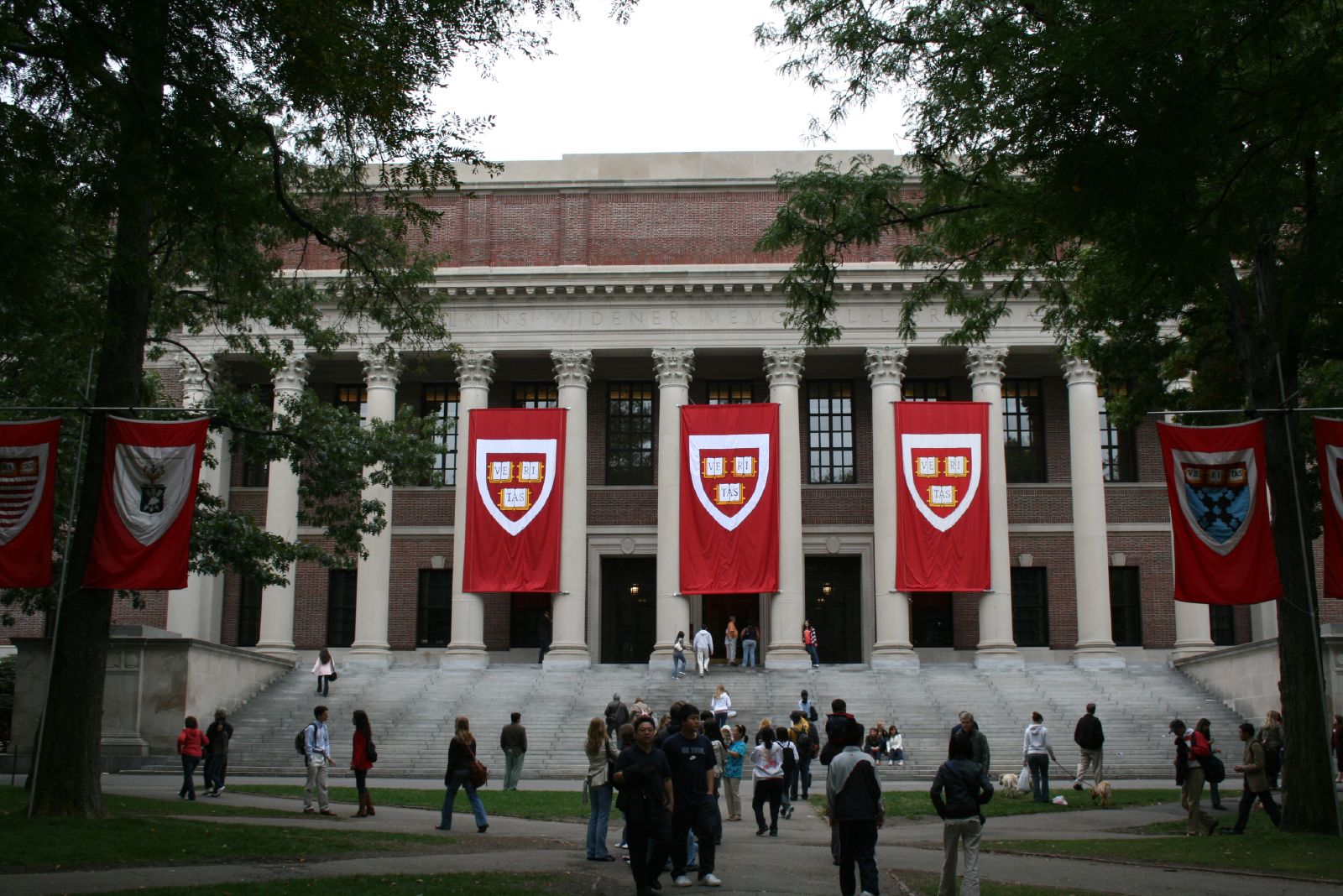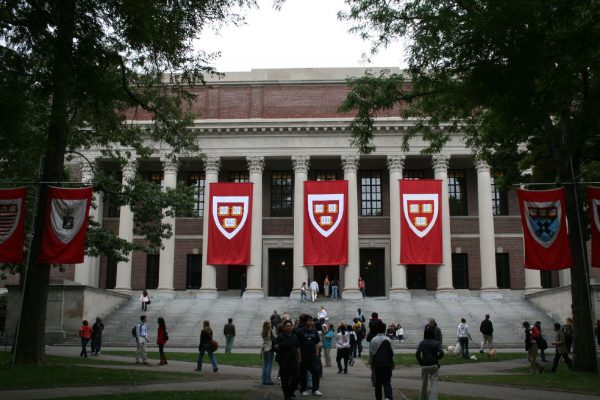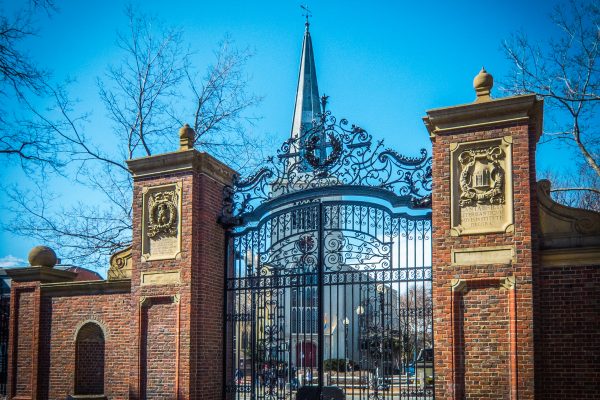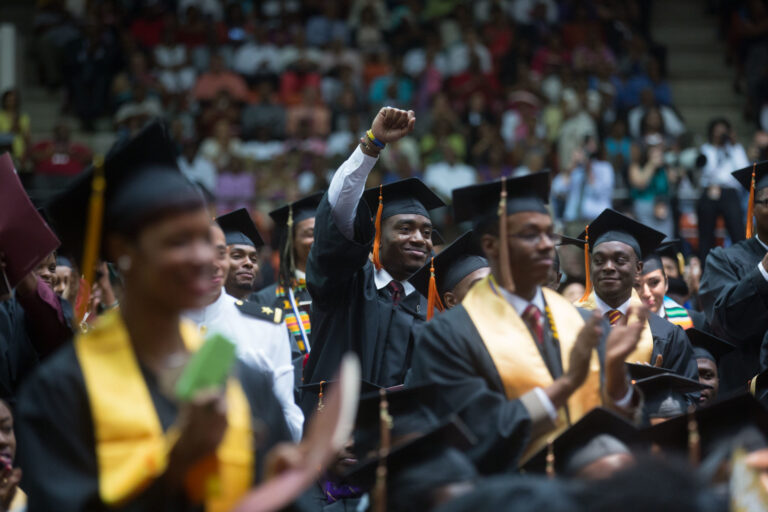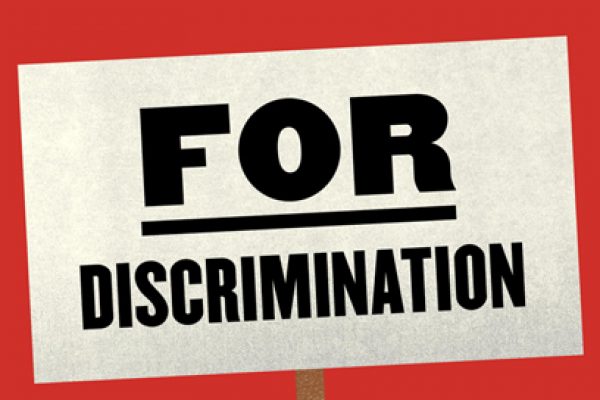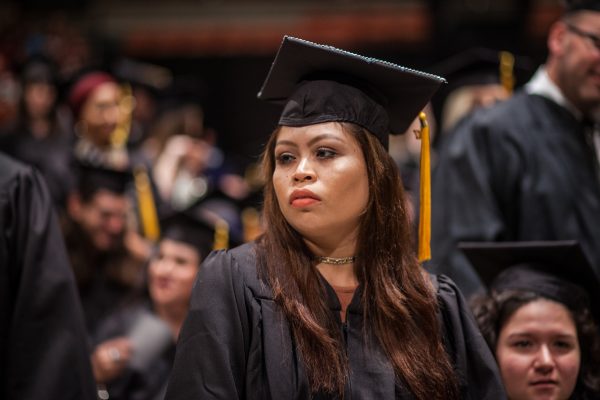Earlier this week, the Supreme Court announced that they will hear the controversial case regarding Harvard’s admissions practices discriminating against Asian Americans. This comes seven years after Students for Fair Admissions first filed their lawsuit against Harvard, and more than two years since a judge ruled in Harvard’s favor and the First Circuit Court of Appeals upheld the decision.
Digging into the 700 pages of statistical testimony filled, Andrew Gelman, Sharad Goel, and Daniel E. Ho examine the evidence on both sides while cautioning that the core disagreements can’t be resolved by solely crunching numbers. Indeed, while FFA’s stated goal is to end affirmative action, this is not the same as Harvard’s particular admissions policies. “The substantive legal and policy questions here have more to do with potential anti-Asian bias than with affirmative action itself,” they write. “Even if SFFA is right that Harvard’s admissions practices are biased against Asians, that does not mean affirmative action itself is to blame.”
Nevertheless, affirmative action writ large will face the chopping block come October, as the conservative Court continues its culture war. This issue has appeared regularly in BR’s pages, with esteemed lawyers such as Randall L. Kennedy and the late Lani Guinier offering erudite defenses and reimaginings of affirmative action, respectively. In a 2000 forum that saw responses from Howard Gardner, Ward Connerly, and others, Guinier and her coauthor Susan Sturm predicted that affirmative action would have a short lifespan. But rather than mourning it, they acknowledged that it offers “a narrow, at-the-margins response to exclusion,” and instead strived to “focus attention on developing a long-term, normative vision of racial justice” that is inseparable from challenging conceptions of merit.
Merit, standardized testing, and more appear elsewhere in today’s reading list, with philosophers and educators pondering if and how they might be redeemed. But we’ll leave the last word with civil rights lawyer Richard Ford, who believes that these debates miss the point. He argues that there is a deeper problem at play in the Harvard case and other recent admissions scandals: the presumption that elitism could ever be democratized. “The demand for an equal opportunity to elite status is almost a contradiction in terms,” Ford wrote in our Spring 2019 book, Racist Logic. Even if the discontent around admissions reflects broader anxieties about class status, “fighting to revise selective university admissions policy is not the most promising way to address them.”
A group seeking to ban affirmative action has sued Harvard for discriminating against Asian Americans. The core issues won't be resolved by statistics alone.
Forum
Two new books take aim at the moral failures of meritocracy. But we can advocate for a more just society without giving up on merit.
An interview with Randall Kennedy.
Focusing on the top 1 percent is a mistake. The real class divide is between the upper middle class—the top 20 percent—and the rest of America.
By and large, admissions tests register rather than create inequality.
I was still in college the first time someone cried in a parent-teacher conference with me.
When college is a prerequisite for getting a job that pays better than minimum wage, we cannot stop until it is free and accessible to all.
